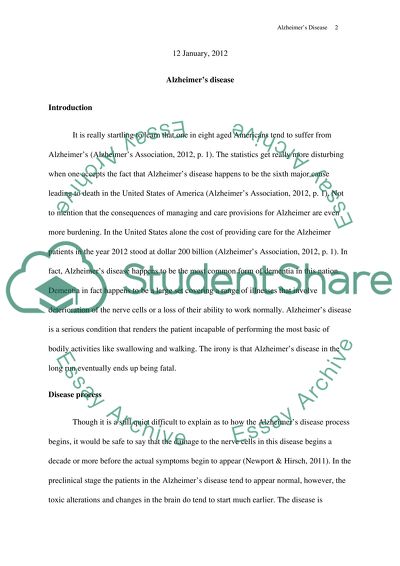Cite this document
(“Alzheimers disease Term Paper Example | Topics and Well Written Essays - 1250 words”, n.d.)
Alzheimers disease Term Paper Example | Topics and Well Written Essays - 1250 words. Retrieved from https://studentshare.org/nursing/1612489-alzheimers-disease
Alzheimers disease Term Paper Example | Topics and Well Written Essays - 1250 words. Retrieved from https://studentshare.org/nursing/1612489-alzheimers-disease
(Alzheimers Disease Term Paper Example | Topics and Well Written Essays - 1250 Words)
Alzheimers Disease Term Paper Example | Topics and Well Written Essays - 1250 Words. https://studentshare.org/nursing/1612489-alzheimers-disease.
Alzheimers Disease Term Paper Example | Topics and Well Written Essays - 1250 Words. https://studentshare.org/nursing/1612489-alzheimers-disease.
“Alzheimers Disease Term Paper Example | Topics and Well Written Essays - 1250 Words”, n.d. https://studentshare.org/nursing/1612489-alzheimers-disease.


